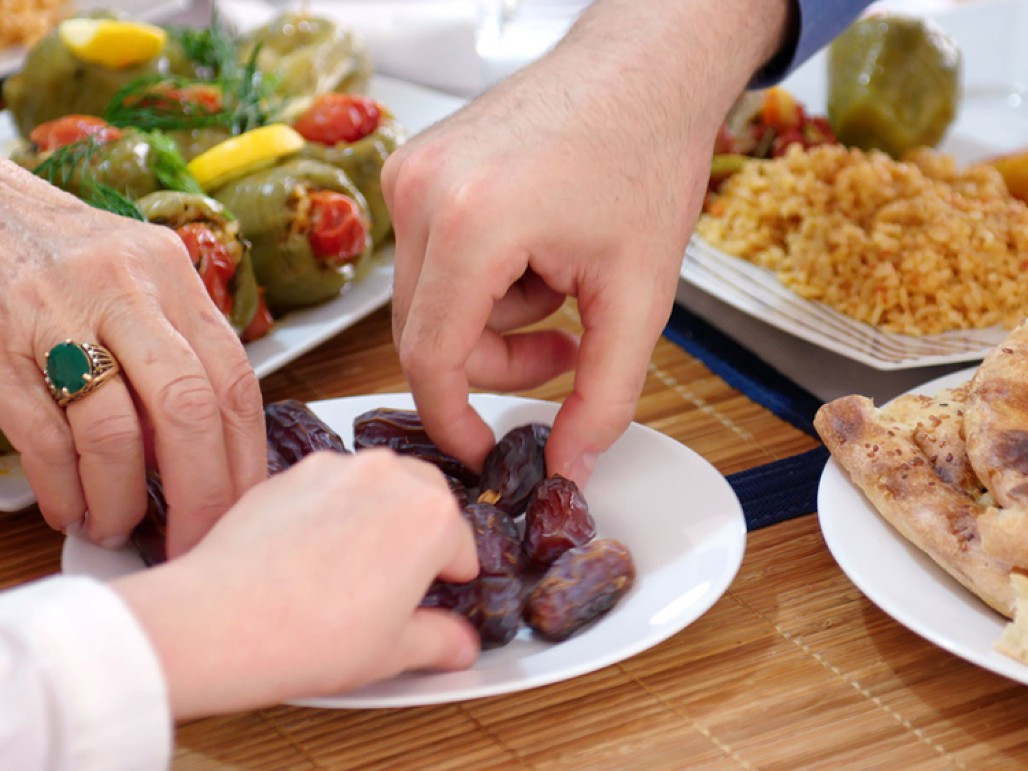

Reduce Heavy Food, Eat Healthier Ifthar
Monday 11th of May 2020
Reduce Heavy Food, Eat Healthier Ifthar
Ramadan is one of those times in the year people make various delicacies. Often these are extremely oily and surprisingly high-fat, but people tend to overlook this. The dietary reference intake (DRI) for adults is about 44 grams to 77 grams of fat per day if you eat 2,000 calories a day. Too much saturated fats in your diet can raise LDL cholesterol in the blood, which can increase the risk of heart disease and stroke. So reduce high-fat foods and consume more of these healthier foods.
Fruits
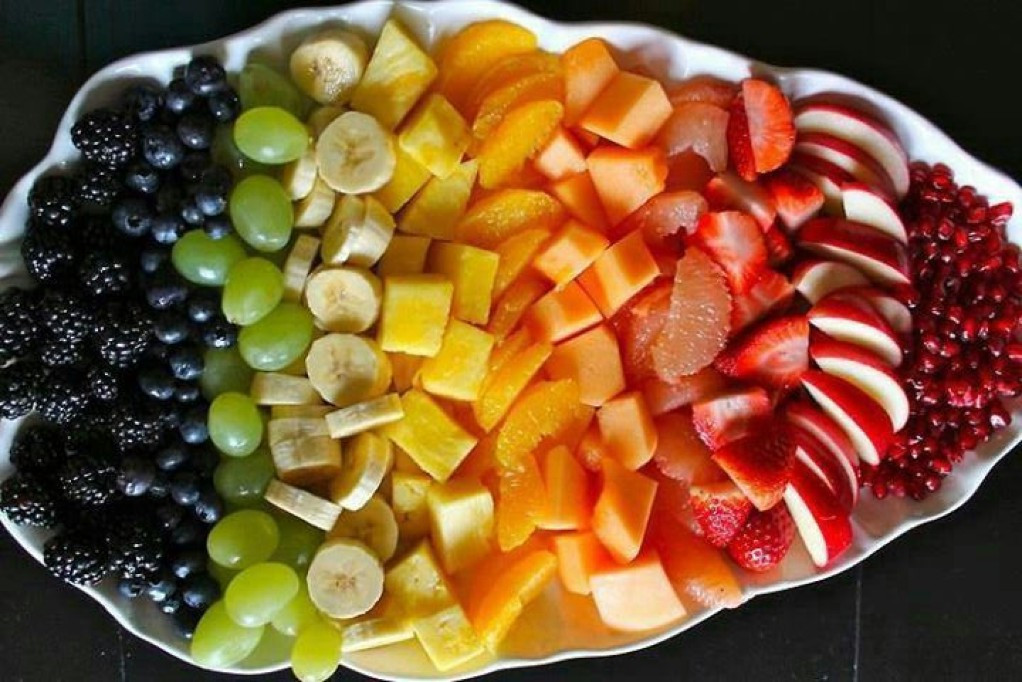
The first foods that you consume upon breaking a fast are critical to nourish the body, and should not expend much energy to digest. Fruit juices and fruits contain water content and are easily digested. Try watermelons, grapes and apples and minimize citrus fruits as they may be too acidic for your stomach.
Cruciferous vegetables
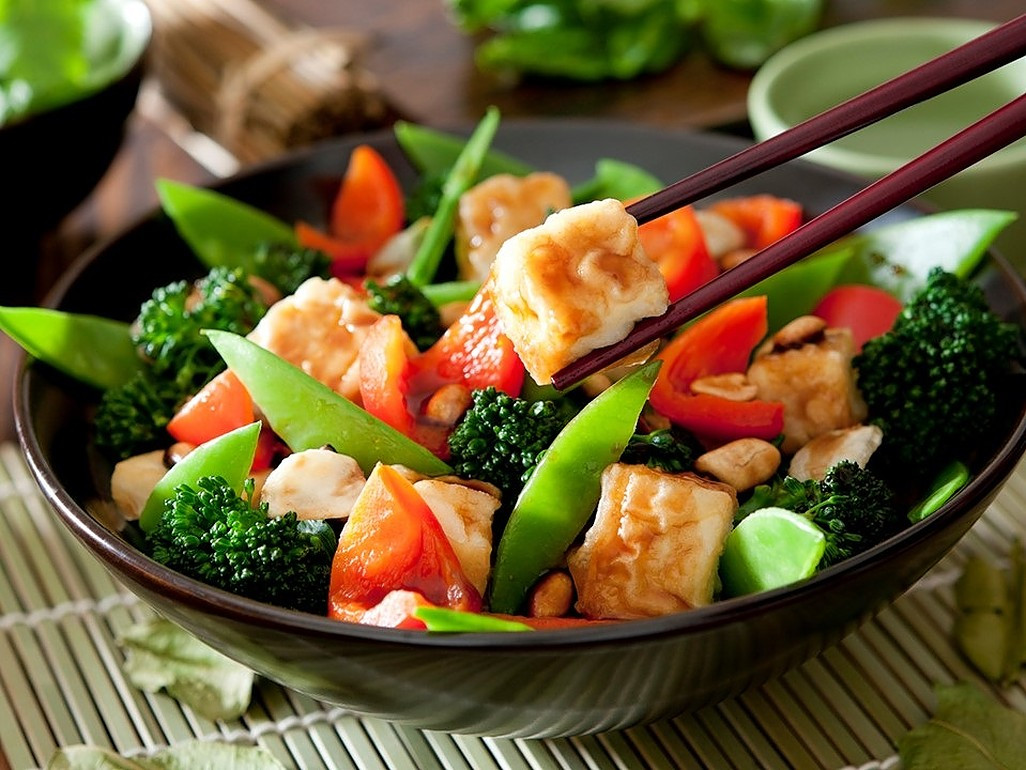
Broccoli, Brussel sprouts, and cauliflowers are fibre-rich foods that will keep you regular and prevent constipation. Fiber is an important nutrient as it helps keep you fuller longer. These vegetables are also good sources of phytonutrients, which are plant-based compounds that may help lower inflammation and reduce the risk of developing cancer.
Eggs
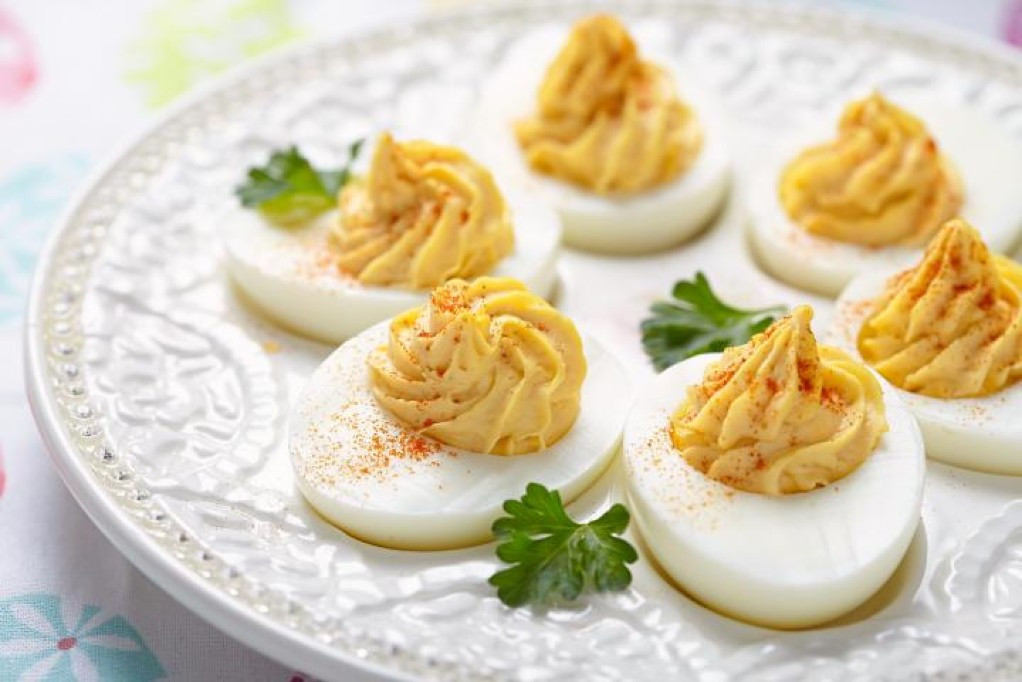
Eggs are a very good source of inexpensive, high-quality protein. More than half the protein of an egg is found in the egg white, which also includes vitamin B2 and lower amounts of fat than the yolk. Eggs are rich sources of selenium, vitamin D, B6, B12 and minerals such as zinc, iron and copper. So why not have hard boiled eggs to break your fast?
Fish
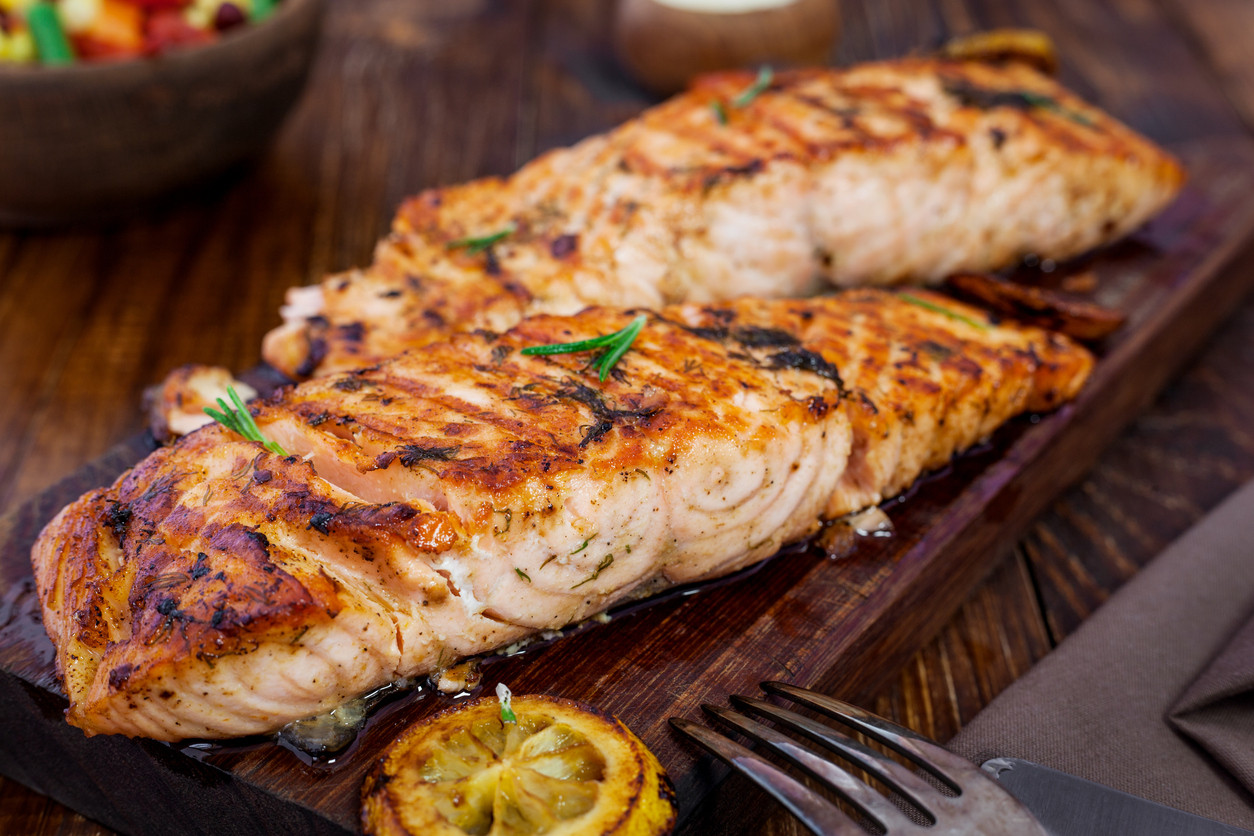
While being rich in healthy fats and protein, fish also contains significant amounts of vitamin D. Fish is rich in calcium and phosphorus and a great source of minerals, such as iron, zinc, iodine, magnesium, and potassium. Tuna, extremely common in Maldives, is one of the safest fish to eat.